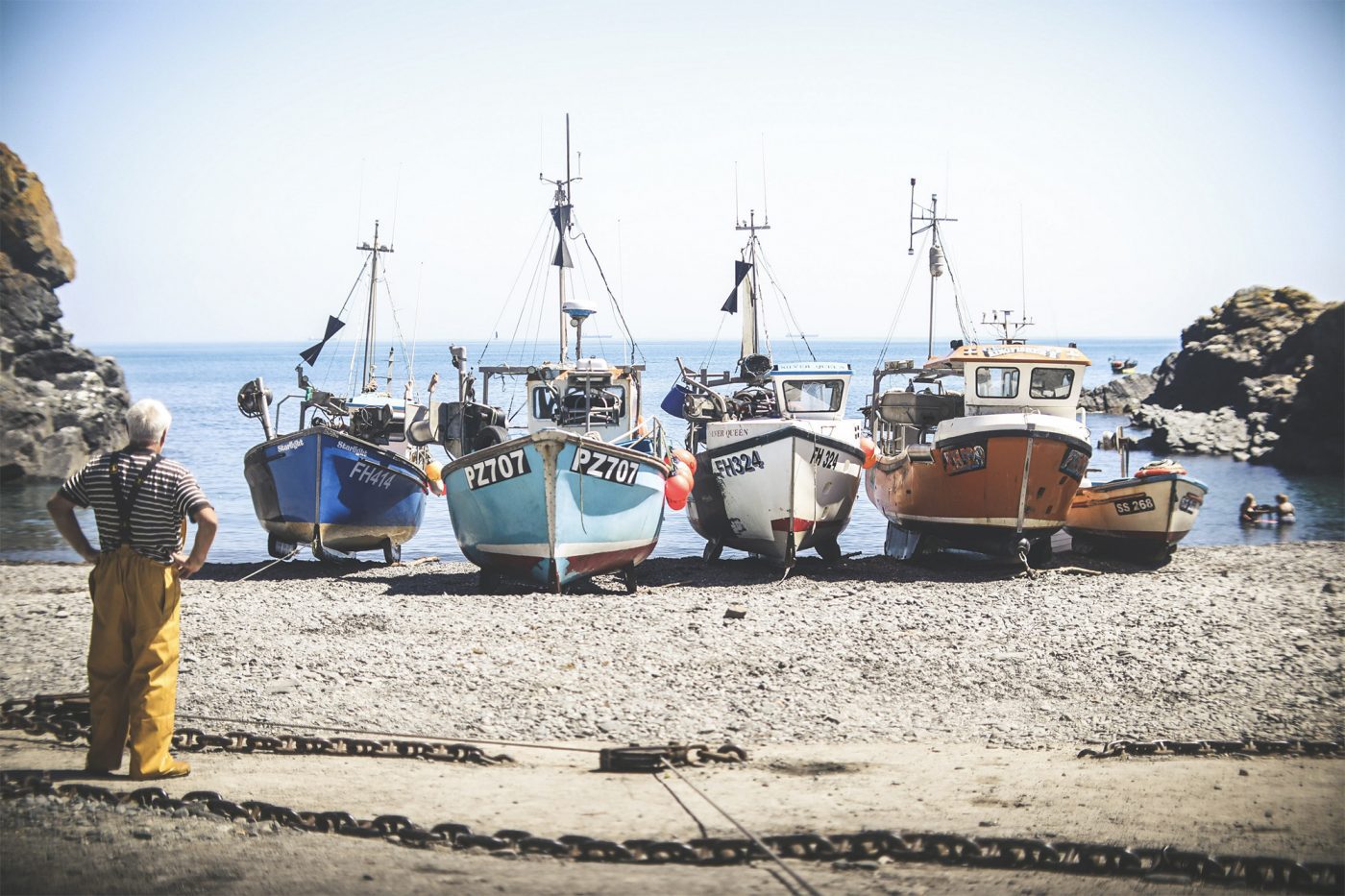11 July 2014
The last couple of weeks have been busy but not untypical for the NFFO.
The
fortnight started with a meeting with the head of marine at Natural England at our York offices.
This was a productive meeting and demonstrated that the Federation’s work with
the MPA Fishing Coalition has been
successful in shifting the Government’s statutory conservation advisors away
from an aggressive, somewhat fundamentalist approach to establishing marine
protected areas, towards one in which talking to stakeholders, like fishermen potentially
affected by marine conservation zones, is centre stage.
The middle
of that week saw an NFFO delegation meet with DEFRA to work on the implementation of the landings obligation.
This too was a very useful meeting as industry representatives from all parts
of the coast and all fleet segments contributed to DEFRA’s thinking on the regional discard plans which will have
to be ready for the demersal fisheries by June 2015.
At the same
time, the Federation attended the Atlantic
Crab Resource Users Network (ACRUNET) partners meeting in Lisbon which
reviewed progress on the implementation of brown crab industry and supply chain
support measures. This included examining latent fleet capacity, quality
initiatives, improvements to transport and holding facilities, marketing and
promotion.
On Tuesday
July 1st the Federation took part in an MMO Stakeholder Focus Group
reviewing marine licencing, progress
on the Southern Marine plan and the
MMO’s approach to evidence provision.
This was
followed by fishing industry meeting with Defra for site by site examination of
fisheries issues associated with potential Tranche 2 MCZ proposals in English waters in the lead up to formal
consultation proposed for early 2015.
The
following week was dominated by the North West Waters Advisory Council meetings in Edinburgh. The NFFO has played a central role in
the regional advisory councils since they were established 10 years ago, and in
fact at these Edinburgh meetings chaired two out of the four area group
meetings (Celtic Sea and Irish Sea).
The issues being worked on are extensive and important: the landings obligation, ICES advice for quotas
in 2014; long-term management plans, scallops, seabass, undulate ray and the
drift net ban.
Later that
week we were examining fisheries data availability for the Eastern Irish Sea offshore wind farms displacement study.
Also the MPA Implementation Group met. It is reviewing progress and next steps
in the implementation of management measures for European Marine Sites and Tranche 1 MCZs in English waters and procedures for allowing for effective
industry engagement on measures.
The NFFO West Coast Committee met in Barrow
on Friday of that week. Lobbying against
the Commission’s drift net ban
proposals was prominent among its areas of work, as well as addressing local
marine licensing problems and coordinating the use of NFFO Training Trust fund support to the local industry.
An NFFO
delegation was fielded for the annual briefing on ICES advice on TACS and quotas for 2015 in London. The NFFO took
the lead in questioning the inherent tensions between a fixed timetable to MSY
and mixed fisheries and multi species issues.
At the same
time the Federation was represented at a meeting of scientists, stakeholders
and the European Commission, in Amsterdam, focused on trade-offs between
different objectives within the context of mixed fisheries, multi-species
interactions and the landings obligation. This work will become important very
soon when TACs will be set on a mixed fishery basis. A proposal for a mixed fishery plan for the North Sea
will be proposed by the Commission next Spring.
Meantime,
the Federation’s Safety and Training officer has been working on certification
issues and the safety folder which provided a straightforward guide to
undertaking a risk assessment on each
Later in the
week the NFFO attended the Fishing
Liaison with Offshore Wind and Wet Renewables (FLOWW) meeting, presenting
draft guidelines on disruption settlements associated with marine works and
loss of fisheries access and application of fisheries community funds. The meeting reviewed the application of
safety zones and establishing future work on best practice approaches for
achieving cable burial.
The NFFO
chairs the Demersal Working Group of the
North Sea Advisory Councilwhich met at
Schipol Airport. This was an important meeting which made progress on advice on
the EU drift net ban, the EU landings
obligation, a long term management plan for nephrops, TAcs and quotas for 2015,
Seabass and pulse fishing.
Finally, the
Federation was involved in a meeting of the International Sustainability Unit
at St James Palace to discuss Investment
in Sustainable Fisheries
All this
gives a flavour of the range and intensity of the Federation’s work, although
its focus will change from week to week dependent on what issue is being dealt
with and which fleets are affected by current measures. It would not be able to
sustain this level of activity without the voluntary, unpaid support of many NFFO
members who provide the backbone of the Federation’s representative work.

